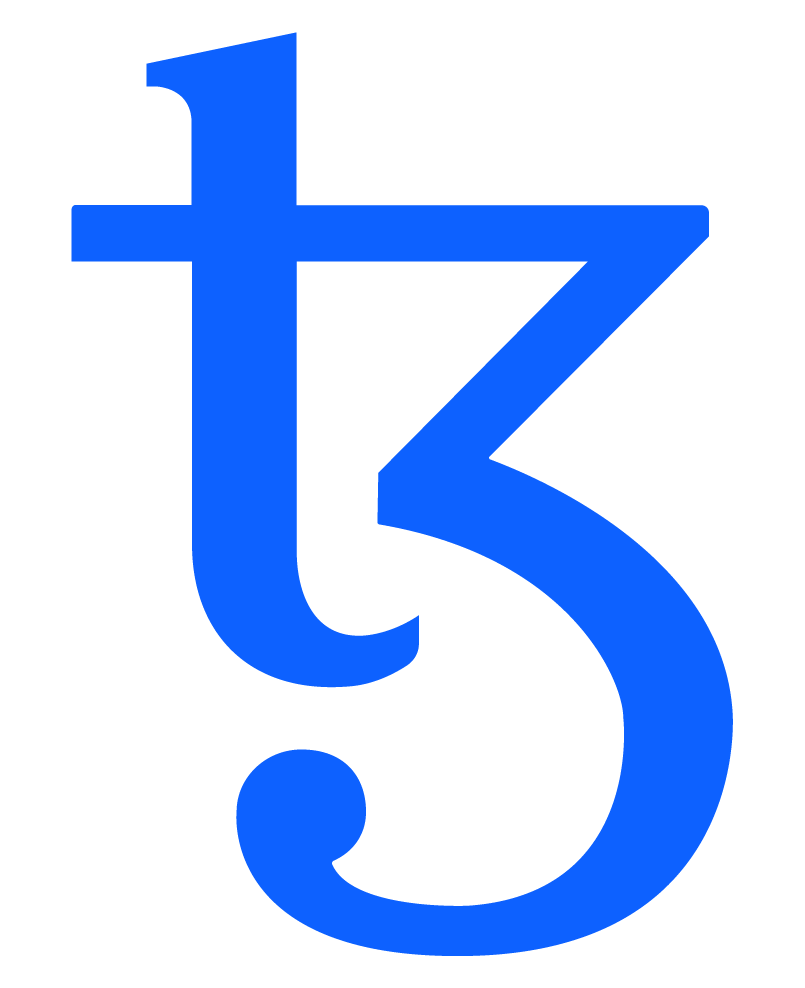Nomadic Labs, Trilitech, and Functori are pleased to reveal the name of our upcoming Tezos protocol proposal: “Tallinn.”
As the proposal enters the stabilization phase, this post offers a preview of what’s included.
The Tallinn proposal builds on the foundations of recent upgrades, focusing on faster finality, leaner consensus, and improved on-chain efficiency. It brings incremental improvements designed to support future Layer 2 growth.
Main highlights:
-
6-second block time: Faster finality, reduced latency, and an overall smoother user experience.
-
All bakers attest every block: BLS signatures are leveraged to further improve consensus, with stronger security and predictable rewards.
-
Optimized contract storage: The Address Indexing Registry drastically reduces on-chain data duplication, improving efficiency and lowering storage costs.
6-Second block time
Following the successful reduction of Layer 1 block time from 10 to 8 seconds in the Quebec protocol, the “Tallinn” proposal aims to further lower block time to 6 seconds — cutting Layer 1 finality from 16 seconds to 12 seconds.
Why it matters:
Shorter block times mean a faster, smoother experience across the Tezos network:
-
Faster finality: The time to finality is reduced, including for L2 publications and inter-chain bridging.
-
Lower latency: Enables a seamless transaction experience on Layer 1, similar to electronic payments.
Decentralization and censorship resistance remain the top priorities, and the 6-second block time is achieved without increasing hardware requirements for bakers. Keeping validation accessible for everyone is key to having a broad validator set, ensuring genuine decentralization and censorship resistance.
All bakers attest every block
The Seoul upgrade has made it possible to compress hundreds of attestations into one through the use of BLS signatures. Among other benefits, it enables every block to be attested by all active bakers instead of a limited subset. This feature will only activate once over 50% of bakers use tz4 (BLS) addresses, ensuring a gradual and voluntary transition:
-
Bakers can migrate at their own pace.
-
Once active, the feature stays on, even if participation dips later.
-
Baking from tz1/tz2/tz3 addresses remains possible.
-
Multiple tz4 signing tools are already available, including Tezos RPi BLS Signer, TezSign, and Signatory.
Why it matters:
-
Stronger security: Every baker participates in consensus, improving robustness and fault tolerance.
-
Predictable rewards: Attestation rewards scale directly with baking power, eliminating randomness.
-
Leaner consensus: Removing slot-selection logic supports shorter block times and streamlined validation.
Optimized contract storage
We also introduce a smarter, lighter way to store tokens and NFTs on-chain through the new Address Indexing Registry — a global registry that eliminates redundant address data across contracts. Instead of each token contract storing full addresses repeatedly, every address is stored once and assigned a compact numeric ID, cutting storage needs by up to 50–100× for contracts making use of this feature.
Why it matters:
-
More cost-efficient apps: Large NFT collections and token contracts become much cheaper to operate directly on Layer 1.
-
Network-wide efficiency: Storing each address only once slows overall storage growth, benefiting the network as a whole.
-
Higher throughput: Smaller operation footprint means more operations can fit in each block, boosting protocol-level scalability.
-
Future-ready: This mechanism will also benefit Tezlink, extending the same efficiency gains beyond Layer 1.
Please note that this feature introduces breaking changes listed on this page.
What’s next
The “Tallinn” protocol proposal has been deployed on its dedicated test network (“Nextnet”), which will be available once final adjustments are made. We will post an update here once it is ready for use. Developers, bakers, and ecosystem teams are encouraged to test their applications and tools. The proposal is going to be released on November 14.
As always, please share any testing results or findings so that the teams at Nomadic Labs, Trilitech and Functori can promptly address them.
(Edit - 2025-10-17: clarified the availability of Nextnet)
